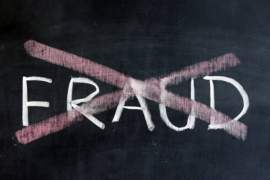
Understanding the Nuclear Non-Proliferation Treaty

The Nuclear Non-Proliferation Treaty was signed into effect in 1970 and was designed to prevent nuclear weapons from proliferating throughout the world, thereby limiting the danger represented by nuclear weapons. The Nuclear Non-Proliferation Treaty currently has 189 different nations as member states, five of whom are held under the Nuclear Non-Proliferation Treaty as states which have nuclear weapons. Those nations are France, China, the United Kingdom, Russia, and the United Nations.
The Nuclear Non-Proliferation Treaty does not apply to all nations in the world, however, and some of those non-member nations are believed to have nuclear weapons of their own, thus posing something of a danger with regard to the overall purpose of the Nuclear Non-Proliferation Treaty. These include India, Pakistan, North Korea, and Israel.
The Nuclear Non-Proliferation Treaty was initially put into effect in order to help stabilize the world and prevent a situation in which a great many nations all held nuclear weapons, as many individuals in national governments realized that the Cold War standoff deterrent relationship which existed between the United States and the Soviet Union might not be sustainable if there were more nations with nuclear weapons, which might destabilize the already fragile relationship.
The Nuclear Non-Proliferation Treaty is based around three basic notions: non-proliferation, meaning a lack of spreading of nuclear weapons; disarmament, meaning a reduction of the number of nuclear weapons in the world overall; and peaceful use of nuclear energy, which is focused on ensuring that nuclear energy is still available for use as long as it is being used in a safe and peaceable fashion.
NEXT: Understanding the Status of Forces Agreement


















